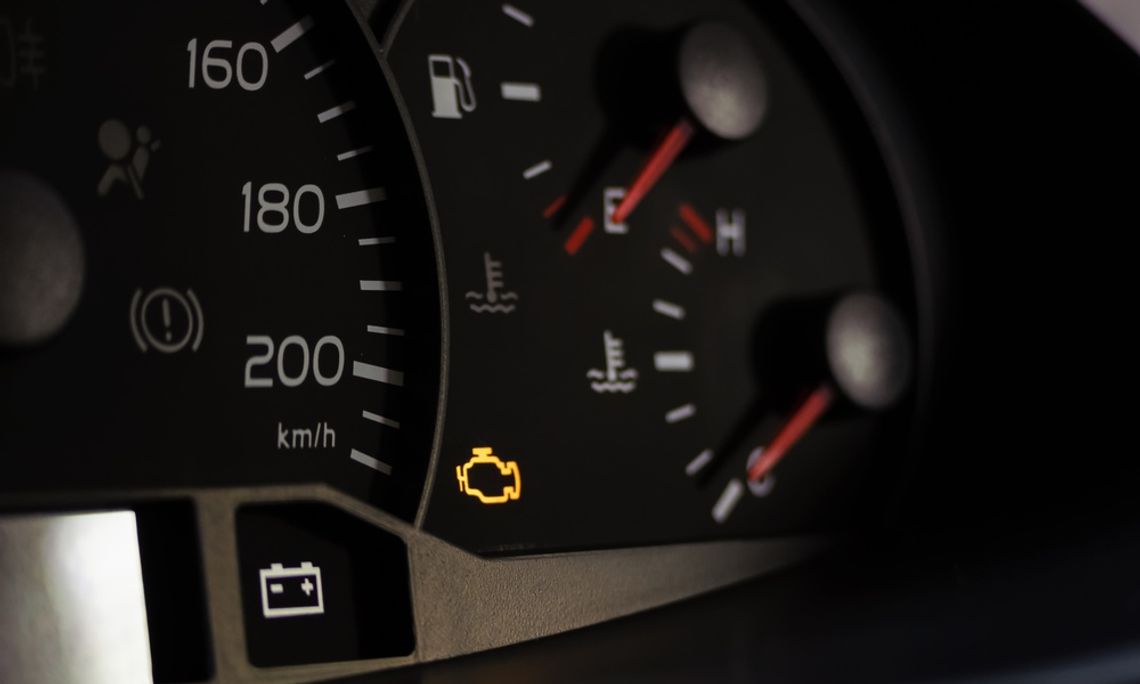Tackling DIY car repairs in your own driveway can save both time and money. However, even seasoned DIYers can stumble into trouble if they miss key indicators that something’s wrong. Whether you’re fixing brakes, tinkering with the engine, or handling electrical systems, it’s crucial to stay alert. There are several warning signs to watch for during DIY car repair that might mean it’s time to hit the brakes and call a professional.
Strange or Unfamiliar Noises While Working
Hearing unusual sounds when you’re working under the hood can be a major red flag. A scraping noise while removing bolts could signal that the alignment is off or rust has damaged the threads. Clicking sounds during a repair process might indicate internal parts, like bearings or gears, now struggle to fit together. Listen carefully and don’t dismiss strange noises. They are often your first clue that something is going wrong.
Stripped Bolts and Other Damaged Hardware
Repairing your car often means removing and replacing bolts and screws, but these parts aren’t always forgiving. If you find rusted, stuck, or stripped bolts while working, that’s a sign to stop. Forcing them might cause irreparable damage to essential components. When bolts feel immovable, switch to proper tools like a penetrating oil spray or bolt extractor to handle the issue carefully.
Blocked or Poorly Fitting Components
Reassembly should always feel secure, not forced. Consider your vehicle’s electrical components. These components, including the connectors, are among your vehicle’s most delicate; thus, one of the biggest don’ts of re-pinning connectors is forcing connections. If something doesn’t seem to fit after you take it apart, that is a warning sign that something is wrong. Don’t risk breaking these important parts; instead, have a professional mechanic take over from here. Taking this precaution can save you expensive repair headaches down the road.
Persistent Fluid Leaks After Repairs
DIY repairs often involve handling fluids like oil, brake fluid, or coolant. However, if you notice leaks persist even after completing your work, you may have missed something. Whether it’s a cracked gasket, poorly fitted seal, or incorrect assembly, a leak is more than an inconvenience; it’s a symptom of deeper issues that could harm your vehicle. Check twice and consult a pro if needed.
Stay Safe and Savvy
Being a DIY mechanic is empowering, but it requires attentiveness and a willingness to know your limits. When you recognize the warning signs to watch for during DIY car repair, you’re better able to avoid costly errors and ensure your vehicle runs smoothly. Keep your projects safe and manageable. And, when in doubt, remember that calling in a professional can save you from bigger problems later on!


Comment
Comments